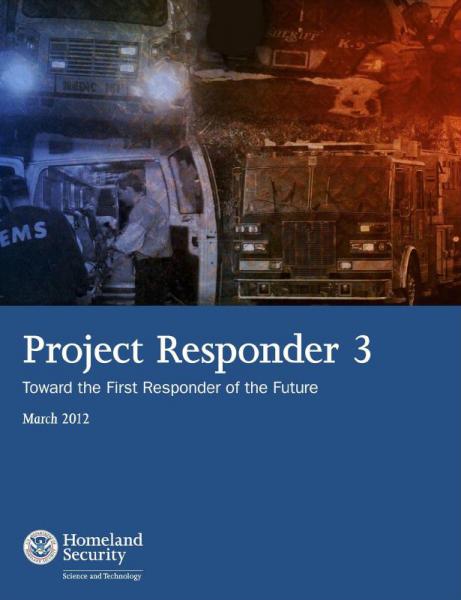You are here
Wed, 2011-05-11 08:01 — mdmcdonald
The Communication Working Group is focused on communication improving health and human security status in the U.S.
The mission of the Communication working group is to optimize the health, human security, resilience, and sustainability of Americans and their communities of interest globally.
Add Content to this group
Members
| bevcorwin | Kathy Gilbeaux | Maeryn Obley | mdmcdonald |
Email address for group
communication@m.resiliencesystem.org




 submitted by Samuel Bendett
submitted by Samuel Bendett
 submitted by Albert Gomez
submitted by Albert Gomez
Recent Comments